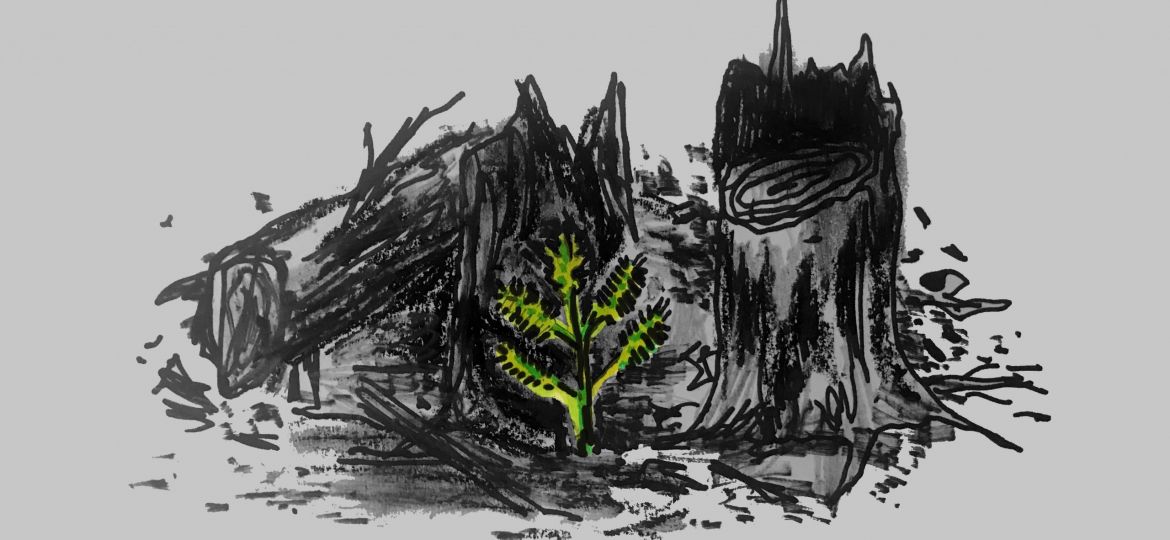
I was on the phone with my parents the other day and had just finished speaking with my mother, who handed the phone to my father. I asked him how he was doing and received an impressively vague non-answer: “Well, you know, I’m not too happy about all this crap. It’s no fun.”
There are about a dozen events in 2020 that my dad might be referencing to as “all this crap,” and all of them are indeed “no fun.” I asked him to clarify and felt out-of-touch when he replied, matter-of-factly, “The smoke. It hurts to breathe.” I had completely forgotten that my parents’ home was covered in a thick, gray haze.
My hometown, Seattle, had managed to win a respectable silver medal for worst air quality in the world on that day. The three worst cities in the world by Air Quality Index (AQI) rankings were all West Coast cities, with Seattle at 228. On that day Sunday, September 13, our AQI here in Northfield, Minn. was a measly 9.
AQI ratings are an amalgamation of multiple pollution measurements meant to provide a quantifiable metric by which the public can understand their local air quality. An AQI under 50 is considered ideal and anything under 100 permissible. Levels over 100 are dangerous for sensitive groups, including asthmatics. At 150 and beyond, everybody’s health is impacted, and beyond 200 the air is considered cause for a health alert. Children, the elderly and people with lung conditions should not leave their homes when the AQI surpasses 200, and everybody should avoid spending time outside.
My dad has some complaints about the smoke beyond his own health. It can be difficult to drive; visibility in the city is down to about one block in any direction. The urban bird population of Seattle is grounded, unable to see or fly through the dense smoke. They stop singing as well, making mornings eerily silent. Across the West Coast, people are finding dead birds with no apparent injuries, flummoxing scientists as to their cause of death.
Hearing my parents explain their dilemmas reminded me immediately of a conversation I had with them six months ago when Seattle was one of the first cities shut down as COVID-19 made its way into the U.S. A few weeks later, I was on a plane to join them in a city where everything was shuttered. With the smoke, at least, everyone knew the drill on how to shut things down and stop going outside. In most cases, Seattleites had never opened back up. It seems only right that we should have a little time to recover from one crisis before the next. But these days, a breather seems to be a tall ask.
John is from Seattle, WA.
emmons1@stolaf.edu

